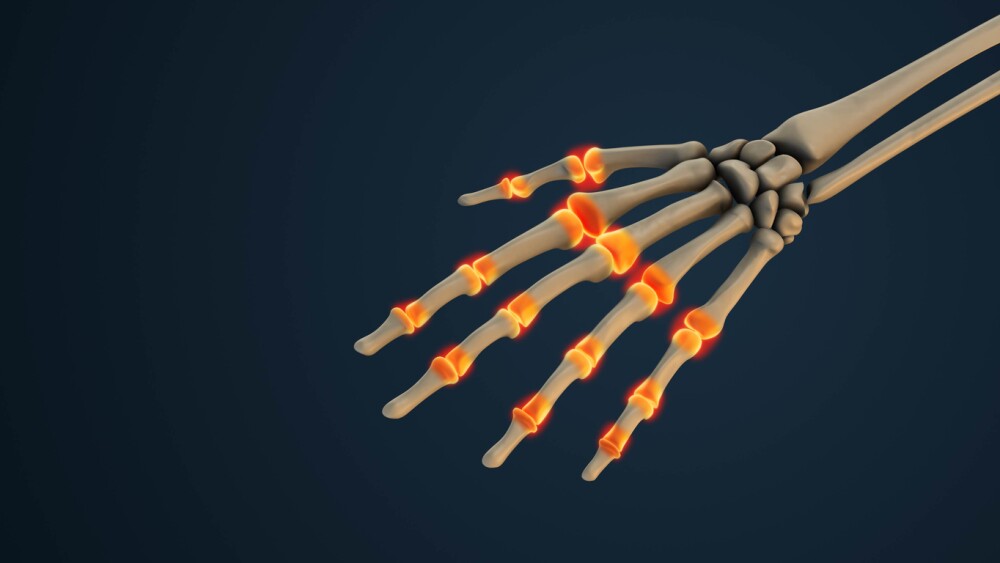May 11, 2015
By Mark Terry, BioSpace.com Breaking News Staff
The University of Minnesota has admitted that it made mistakes in how it dealt with the care of a mental patient allegedly coerced into participating in a schizophrenia drug trial. Compounding the most recent allegation is that it echoes another similar case from 2004, suggesting a potential pattern of ethics violations and possible abuse.
In the most recent case, Robert Huber was a patient at the University of Minnesota Medical Center in July 2007. He had symptoms of schizophrenia and was confined for two weeks. During that period, Stephen Olson, a physician at the university’s Psychiatry Department and others asked Huber to participate in a drug trial of the experimental drug bifeprunox.
Although safety was part of the objective of the drug trial, Huber claims that Olson and other researchers repeatedly told him the drug was safe. He also alleges that the staff repeatedly showed him the cost of his hospital care and threatened that if he didn’t participate in the drug trial, he would have to pay for the care.
Huber claims that he agreed to enroll because Olson would hold him in the hospital until he did. “I was so afraid they were going to lock me up,” Huber said in a statement.
In May 2004, another patient of Olson, Dan Markingson, was participating in a different schizophrenia drug trial and committed suicide at the age of 27. In the Markingson case, it was a national clinical trial, CAFE, funded by AstraZeneca PLC to compare three antipsychotic drugs in patients who were newly diagnosed with schizophrenia.
A Mar. 16, 2009 letter to R. Timothy Mulcahy, the vice president for research and the Institutional Official for Subjects Protection from Susan Berry, chair of the IRB Executive Committee, expressed concern about the oversight of many of the university’s 250 research studies, particular ones that involved “extremely vulnerable populations of subjects. The IRB has had numerous complaints and concerns about the management of some studies in this group.”
The university’s research programs have also been criticized by James Nobles, a legislative auditor who reviewed the Markingson case. Nobles, delivering a report about Markingson’s death to the state legislature recently, recommended the University of Minnesota should suspend any more psychiatric drug trials until the problems with patient protections and ethics were addressed in the psychiatry department.
“We are especially troubled by the response of the University leaders,” Nobles staff reported. “They have made misleading statements about previous reviews and been consistently unwilling to discuss or even acknowledge that serious ethical issues and conflicts are involved.”
In terms of the Huber case, a year-long investigation concluded that Olson did not coerce Huber to enroll in the study or force him to remain in it. It did, however, conclude that his care providers prepared him for the study prematurely prior to his consent and did not properly inform him about key safety information.
On May 6, a letter from a university research official sent to Huber apologized that Huber’s “rights and welfare were compromised.”
Huber, in an interview, said he appreciated the university’s statements, but that he was still upset that FTI Consulting, an agency hired by the university to investigate his case, never interviewed him before making their conclusions.
Bifeprunox was being studied by Solvay Pharmaceuticals, Inc.. A month after Huber was enrolled, the U.S. Food and Drug Administration (FDA) announced it would not approve the drug after a participant in Europe developed severe liver side effects from the drug.
The national trial, however, was not stopped. Huber continued to take bifeprunox through October 2007, a three-month period. He had severe abdominal pains that required to emergency room visits and indicates he contemplated suicide to stop the pain.





